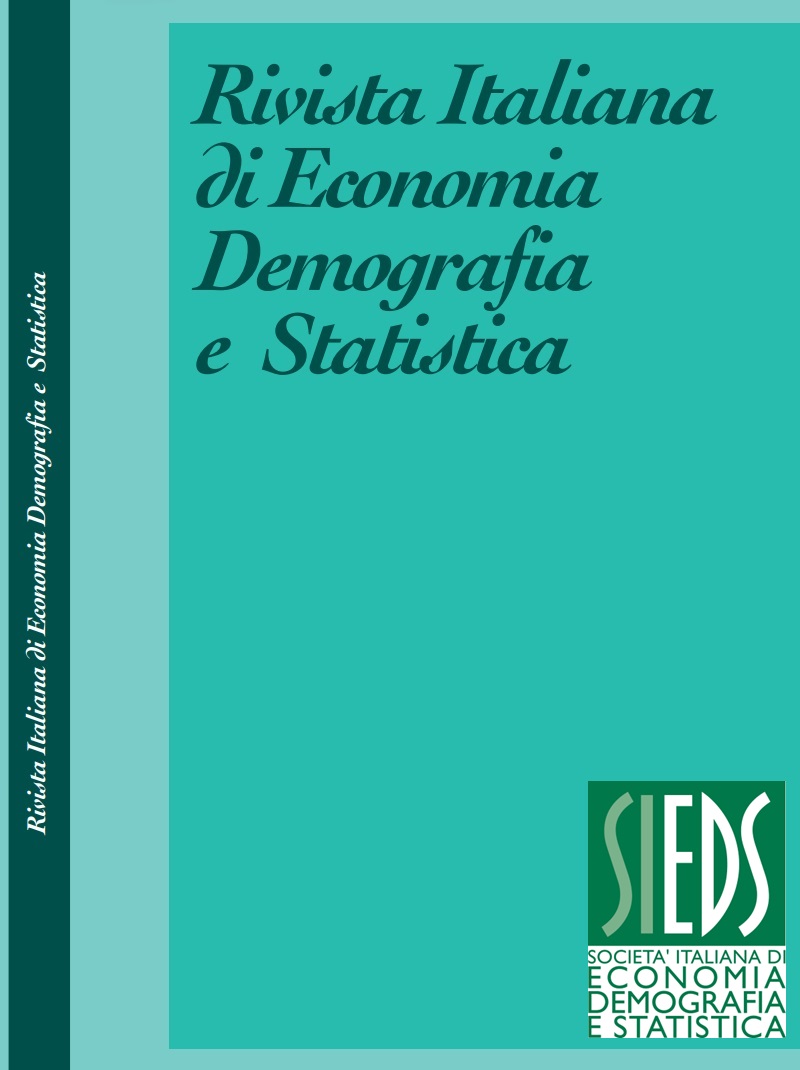OECD PMR indicators for professional services. Civil law notaries as “public good”: efficiency and legal protection need higer regulation
Abstract
This article analyses the application of the OECD PMR criteria to the civil law notaries. Since the notarial service is offering a “public good” (administration of the justice), many criteria defined by the PMR indicator are, in this case, to be considered as a protection of the consumer rather than an obstacle to the proper functioning of the market. The level of regulation - because of the nature of the notarial public function - should forcibly be higher than the other PMR analysed professions. Therefore, if we apply the PMR to the notarial profession, we highly risk depriving the community and citizens of the ex ante legal security (removing the protection especially to the vulnerable parties). These reflections are supported by the empirical analysis on the correlation level of the notarial regulation (as expressed by the PMR) with some World Bank indicators. We can observe that “lower levels of regulation” do not seem to be more correlated with better quality and lower costs, while a “higher levels of regulation” are more often associated with better performances in terms of quality, costs, and speediness of the procedures. Moreover, also the anti-money laundering compliance with FATF standards (an important requirement for legal professionals) shows a positive trend of correlation with higher level of notarial regulation.
Downloads
Published
Issue
Section
License
Copyright (c) 2022 Antonio Cappiello

This work is licensed under a Creative Commons Attribution 4.0 International License.



